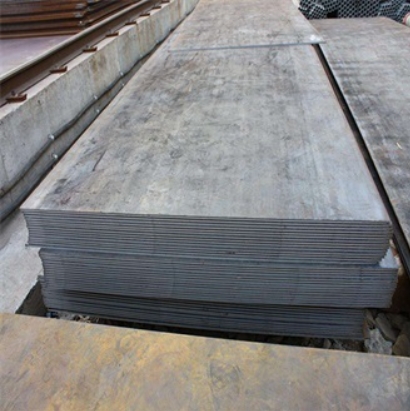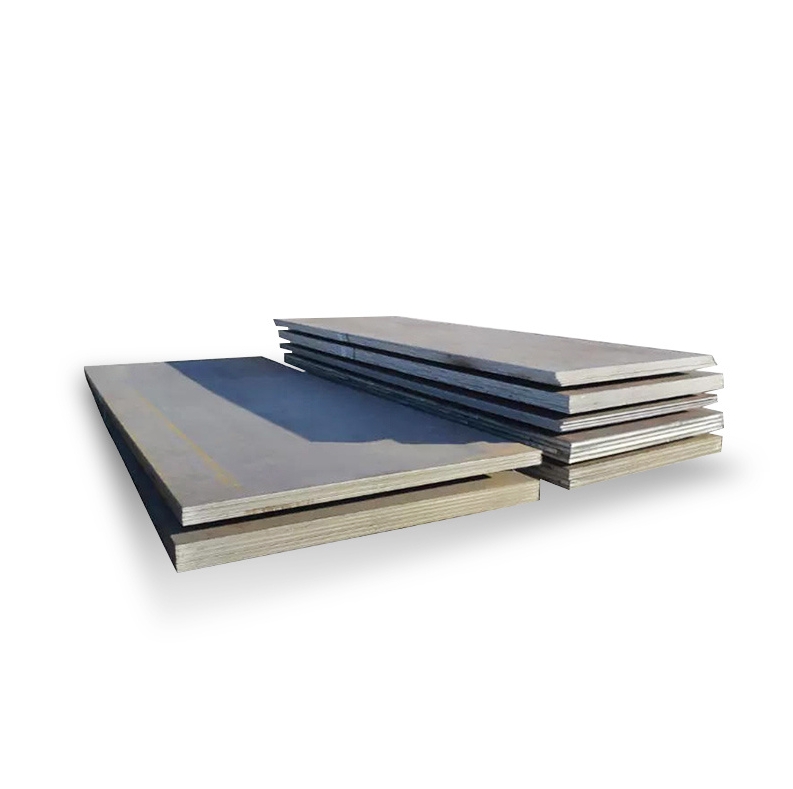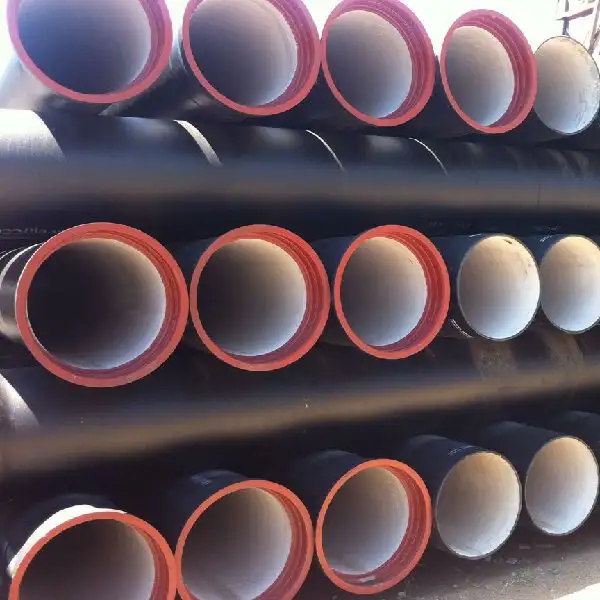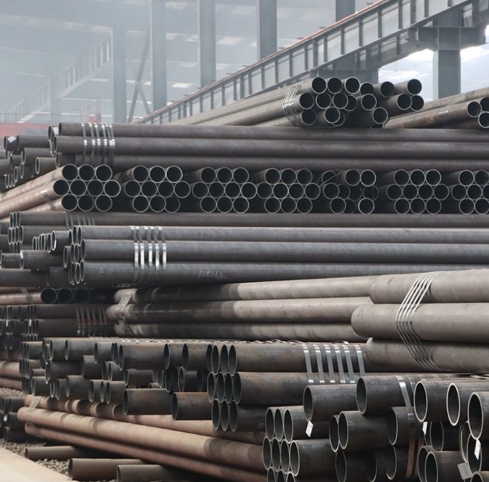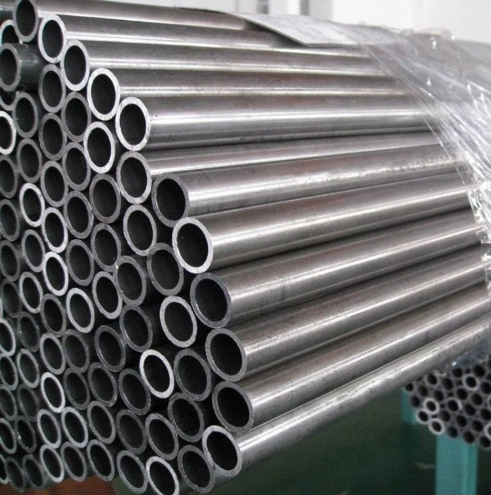Understanding 1095 Carbon Steel
1095 carbon steel is a high-carbon steel renowned for its excellent hardness, wear resistance, and ability to hold a sharp edge. It typically contains approximately 0.90% to 1.03% carbon, making it one of the highest carbon content steels commonly available in plate form. These properties make it a preferred material for manufacturing knives, springs, cutting tools, agricultural implements, and various components requiring high abrasion resistance.
Key Factors Affecting 1095 Carbon Steel Plate Prices
The price of 1095 carbon steel plates is not static and is influenced by a combination of market and manufacturing variables. Key considerations include:
- Raw Material Costs: Fluctuations in the global prices of iron ore, metallurgical coke, carbon additives, and manganese directly impact the base cost of the steel.
- Manufacturing Process and Scale: The specific steelmaking route (e.g., electric arc furnace, basic oxygen furnace), rolling mill efficiency, and heat treatment processes (such as annealing, normalizing, or spheroidizing) affect production costs.
- Plate Dimensions and Tolerances: Thickness, width, length, and the required dimensional tolerances significantly influence price. Thicker plates or those requiring tighter tolerances typically cost more.
- Order Quantity: Larger order volumes generally benefit from economies of scale, leading to lower per-unit prices compared to small or custom orders.
- Supplier and Origin: Prices can vary between different mills, distributors, and stockists. Factors such as import duties, supplier markups, and the reputation of the manufacturer, such as Shanxi Luokaiwei Steel Company, can play a role.
- Market Demand and Supply: General economic conditions, industrial demand for high-carbon steels, and overall steel market volatility affect pricing dynamics.
- Logistics and Shipping: Transportation costs from the mill or supplier to the buyer’s location, including fuel surcharges and handling fees, are added to the final price.
- Additional Processing and Finishes: Requirements such as surface grinding, pickling, oiling, specific edge preparations, or cutting to size will incur additional costs.
Typical Price Considerations
Due to the numerous influencing factors, providing a universal price for 1095 carbon steel plates is impractical. Prices can vary significantly based on the specifications requested. For instance, a standard hot-rolled, annealed plate will differ in cost from a plate that is precision ground and supplied in a specific temper. Prospective buyers should obtain quotes from several suppliers, clearly detailing their requirements. Reputable steel providers, including firms like Shanxi Luokaiwei Steel Company, can offer precise quotations based on current market conditions and specific project needs.
Obtaining Accurate Quotes
To receive accurate pricing for 1095 carbon steel plates, it is essential to provide detailed specifications to potential suppliers. This includes:
- Required thickness, width, and length.
- Total quantity needed (e.g., in kilograms, tons, or number of pieces).
- Desired condition (e.g., as-rolled, annealed, spheroidized annealed).
- Any applicable standards or certifications (e.g., ASTM, EN).
- Delivery location and timeline.
Contacting established steel service centers or mills directly is advisable. Many suppliers, such as Shanxi Luokaiwei Steel Company, are equipped to handle inquiries for specialized materials like 1095 carbon steel and can provide comprehensive quotes that reflect all associated costs.



